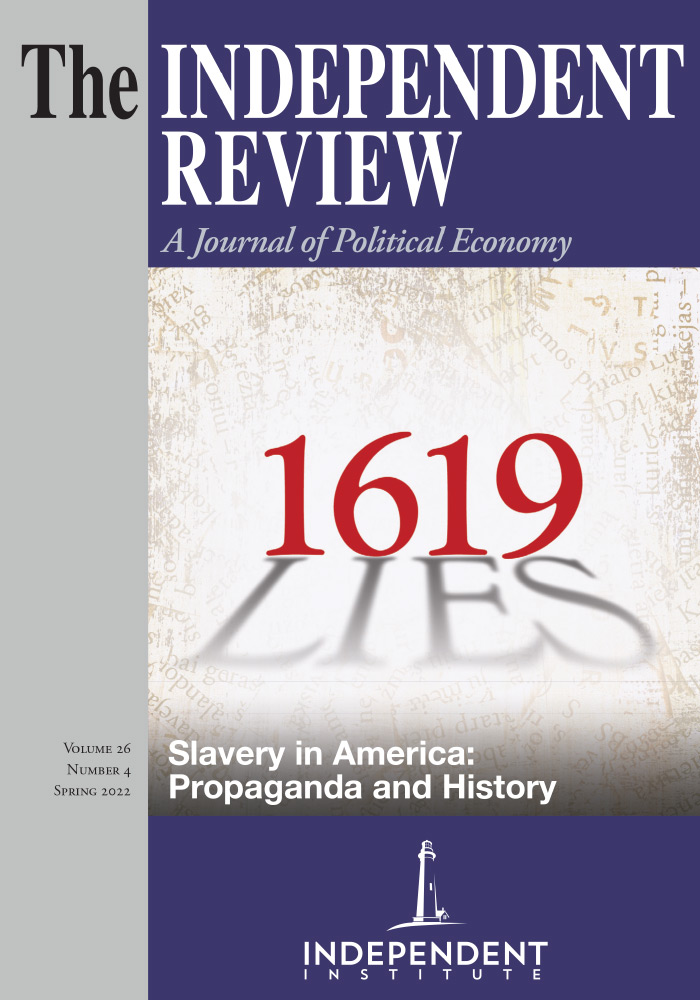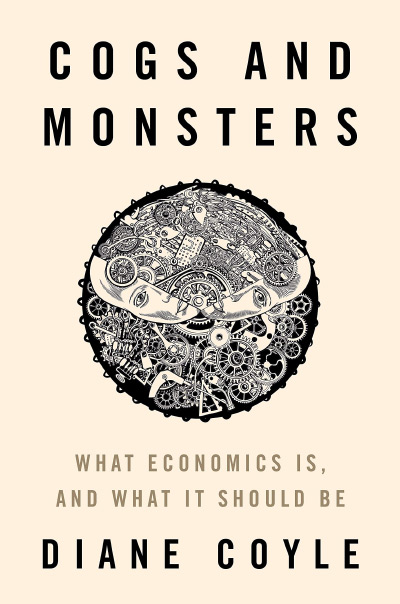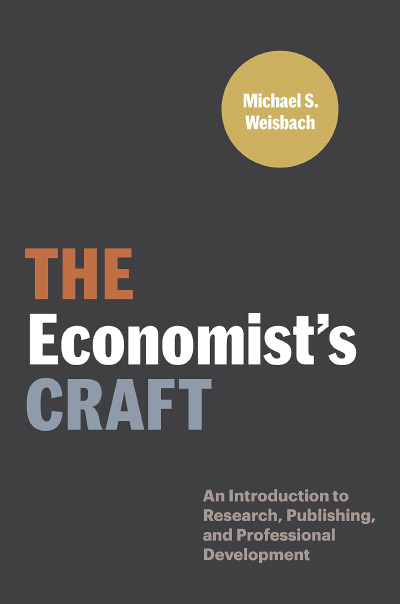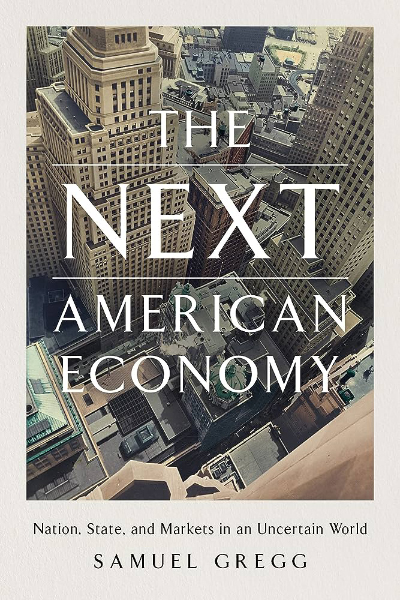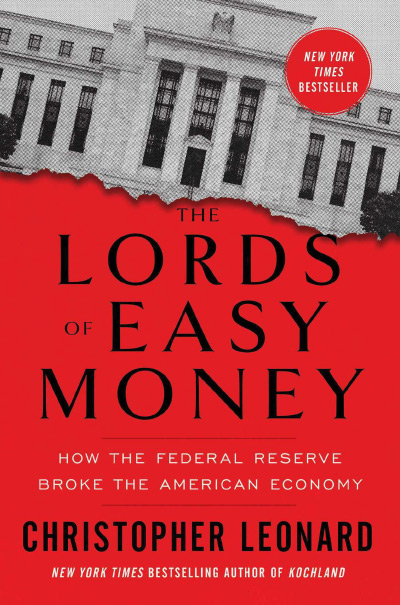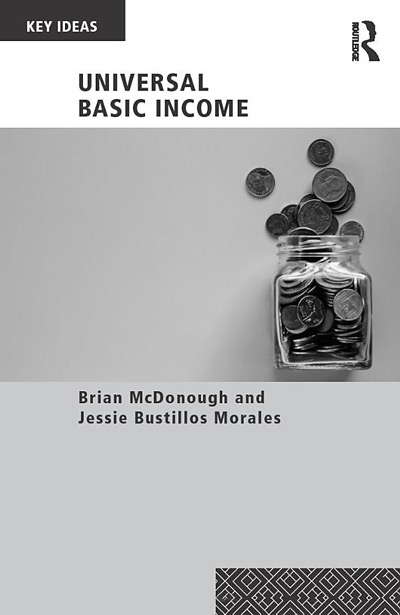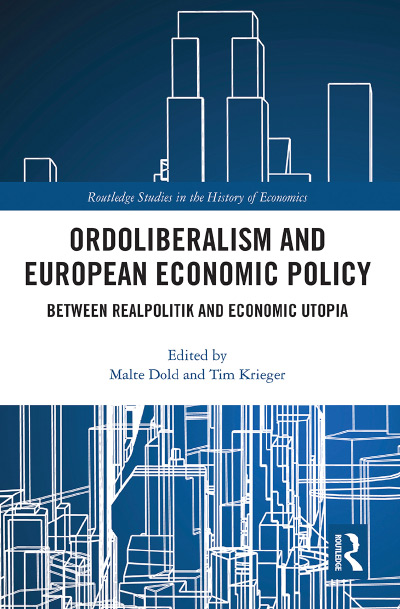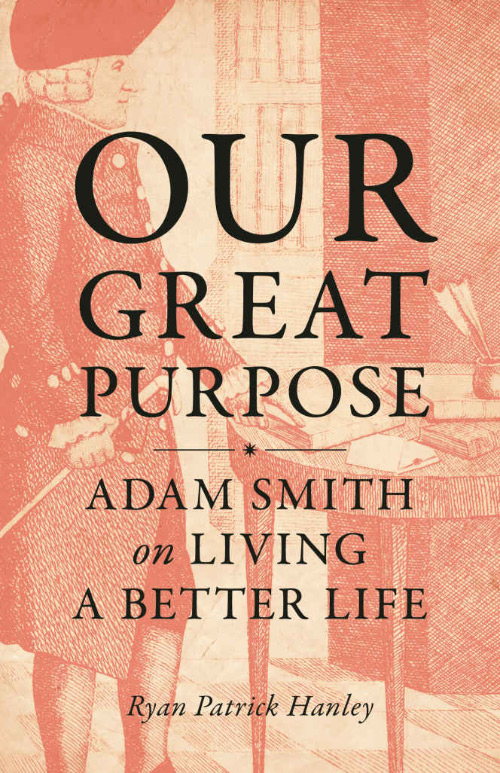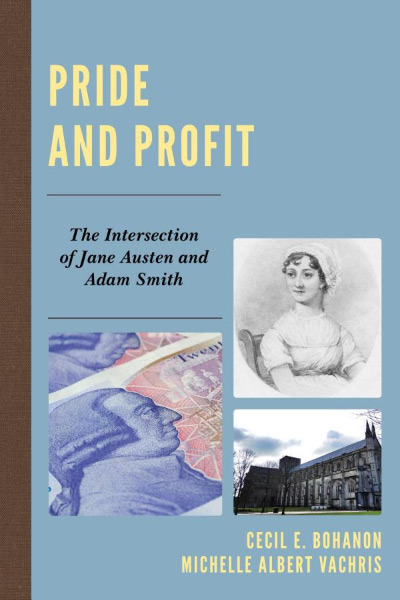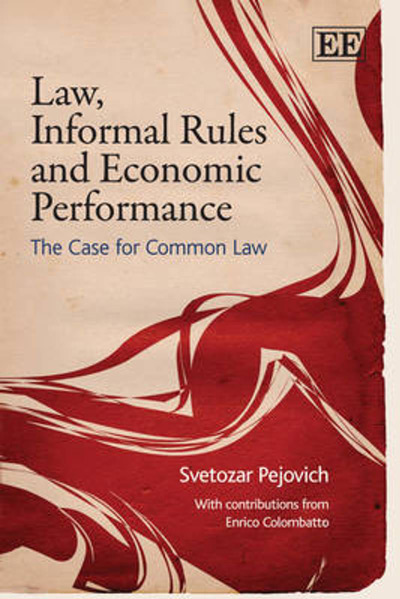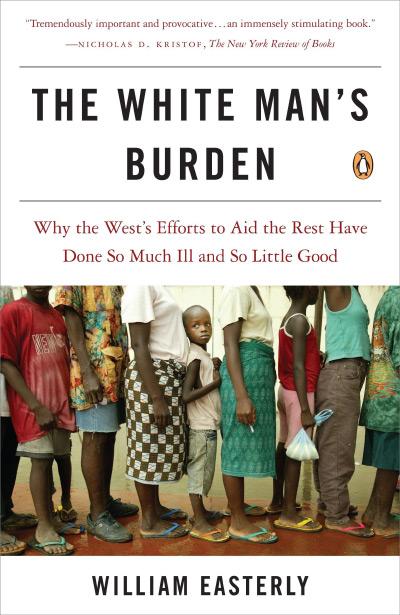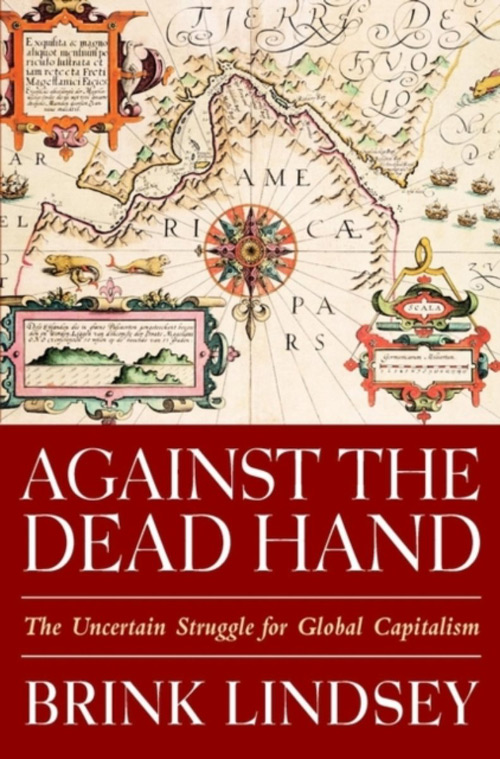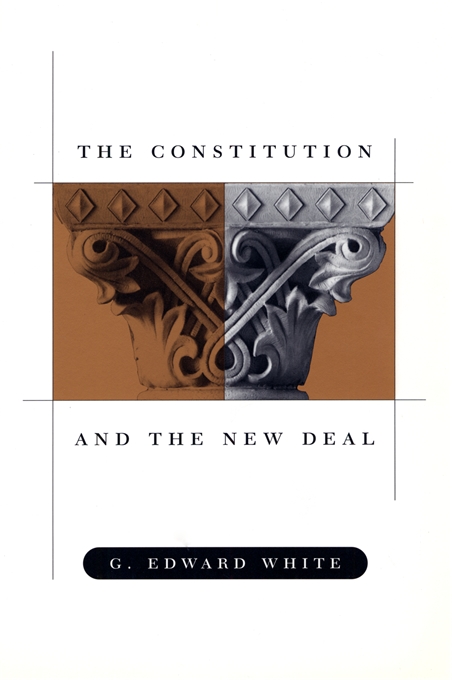My views may be coy, or perhaps perverse. But Princeton University Press published, in the same year, two important books about the doing of economics. I imagine the authors in a cage match, UFC style: In this corner, Coyle, of Cambridge, wearing the phronesis trunks, has long questioned what economists do, and why. Her view tends toward the normative: what should you (we) be doing? In the other corner, coming off an unbeaten record of disciplinary imperialism, we have Ohio State’s Weisbach to outline economics as the one true social science, sticking solely to techne and episteme. Coyle is unrelentingly critical; Weisbach is unironically, even earnestly, evangelical. And there’s the opening bell....
It’s not actually a head-to-head confrontation, of course. In fact, neither work cites the other, and that’s not surprising, since they are about different things. It is my conceit to compare what is said, and not said, in each.
Coyle’s effort has attracted a lot of buzz, and not all of it from “the usual suspects” of critics who hate economics simply because they lack the wit to understand it. (I’d add, “and you know who you are!” But you probably don’t.) Coyle’s central argument is that economics has changed. It deserves criticism, both from within and without. But the criticism needs to adapt, as economics itself has adapted. The usual criticisms—the use of abstract models, the inattention to “history of thought” that highlight the limitations of the dominant models in the eyes even of their creators, the indeterminacy of “truth” in social theory, or the incommensurability of price and value—are, at this point, beside the point. Coyle expresses her “frustration with [these] straw men arguments because, as well as ignoring welcome changes in economics and the way it is taught, they have allowed economists to overlook or deny some things that are badly wrong with the discipline” (p. 5).
This is a sound argument. The economics of information and uncertainty, the incorporation of behavioral economics into the mainstream, and careful use of the tools of causal inference have substantially corrected many of the older problems. But these older criticisms are still rehearsed, and rehashed, by outsiders. This gives economists—and we are a smug lot to begin with—carte blanche to dismiss the criticisms, because they have been addressed. Some of the objections, especially the idea that any defense of markets assumes “perfect information,” are simply nonsense. Markets don’t assume perfect information, and in fact the real argument for generating prices is that markets are the source of useful information, a source that cannot be generated at scale by any other mechanism.
But Coyle is quite right to point out that the failure or misdirection of the standard criticisms does not constitute a refutation of the best criticisms. The two major problems Coyle sees with economics in its current manifestations are its (1) intellectual approach and (2) (un)representativeness. These “threads” (her word, p. 5) give her argument its structure, and organize the book.
The first thread is the idea that the core assumptions of economics are preventing further progress. For example, she decries the notion that preferences are fixed, and the focus on individual choice, as each in its own way is both empirically incorrect and an ever-tightening theoretical ligature around the neck of truth. Of course, this is precisely the criticism long made by the Austrian school of economics, and (to my mind) most clearly and concisely explained in James Buchanan’s “Order Defined in the Process of its Emergence” (1999, Collected Works, volume 1, pp. 244 – 245). To be fair, Coyle recognizes this, giving a substantial discussion (pp. 182 – 184) of the “socialist calculation debate” and the contributions of Mises and Hayek, as well as a shout out to the remarkable Francis Spufford book, Red Plenty (2012, Greywolf Press). So, it is not fair to say Coyle ignores the Austrian approach, as much as she asserts (correctly, in my view) that mainstream economics has largely ignored the Austrian criticism.
The second thread is that economics is “done” by, and that access to the tokens of success—“top five journals”—is controlled by, white men. Coyle is not whining; the problem is not privilege or “gendered” science. Rather, the set of questions, and answers, are restricted in ways that hinder the practice of political economy, and work on public policy. Relevance for economics will require representativeness, precisely because economics has a disproportionate impact on public policy. These “responsibilities need to be taken more seriously than ever in an era when expertise is doubted or challenged. Economics is really once again political economy, just as it used to be known” (p. 11). Coyle has long noted that our measures of well-being, especially GDP and other metrics of economic health and prosperity, are increasingly detached from what people actually care about. So the focus of old white men marinated in the “GDP is God” approach is simply not able to reconceive the problem, much less solve it.
Even as an old white man myself, I find this argument disturbingly persuasive. As Coyle puts it:
It is becoming harder to understand from existing data whether or not there is economic progress when the available statistics present a fixed portrait of a changing landscape—as if maps were trying to measure the depth of a river in its old location when it has actually changed its course. But the more fundamental point is that the question of economic progress needs addressing in a different way to take account of the way the digital economy has been increasing inter-relatedness (so individualism is ever less appropriate) and has different characteristics from the pre-digital economy (pp. 13 – 14).
Of course, I myself have tried to make this kind of argument, most recently in The Sharing Economy (2019, Institute for Economic Affairs). The giant platforms, including Google, Facebook, and Wikipedia, produce gigantic amounts of consumer surplus, or what economists call the difference between the value and the price paid. For most people, platforms are free, or are “sold” in terms of giving the platform access to our data. One could argue that these platforms’ contribution to consumer welfare in the digital economy is badly measured by GDP (since the price is zero, but consumer surplus is certainly not) without throwing out the very idea of methodological individualism as the core approach. Still, Coyle has written a serious and careful critique, one that should be taken seriously by economists and economic educators.
Which segues nicely to the second book, Weisbach’s The Economist’s Craft. As I noted at the outset, Coyle seems to be responding to Alasdair MacIntyre’s call (1981, After Virtue, Notre Dame Press) for a phronetic social science, while Weisbach is working the techne margin: you didn’t make the rules, but here is how to win the game. And of course, the courses in episteme you’ll need to get your sums aright.
The contrast is quite striking, though I might not have thought about it if I had not made this juxtaposition for the sake of a premise for a review essay. My own contributions have been much more in line with Weisbach’s approach, but that might be because I myself failed—three years running! —to secure a job in academic economics when I finished graduate school. I have propounded the (arrogantly named) “Munger Compliance” concept, which requires that a young scholar must have three or more papers under review at actual journals at all times. No excuses are acceptable, including “But I just got two papers accepted!” That’s loser talk; forthcoming papers do not count toward Munger Compliance.
The motivation for formulating the rule, and for writing articles “less badly” have exactly the motivation described by Weisbach: so many smart, hard-working students, so many crash-and-burn failures. Why? Weisbach nails it:
The problem is that [students] do not go about their task as graduate students, and then as junior faculty, in the best way. Being a professional scholar is completely different from almost any other profession, and many people who want to become academics never figure out important aspects of the job (p. ix).
If this seems overly instrumental, even earnestly naive, it may be. The book does not much question whether people should want to conform to the rules of the mean-spirited guild they think they want to join, but simply offers guidelines on how to become a member in good standing. Weisbach examines the questions of what to work on, how to construct a portfolio of work, how to write papers, what courses to take to be able to do competent empirical work, and cultivating a workable prose style. He also considers pitfalls and practices of making presentations, being advised and—a subject rarely discussed, in my experience—how to be a better adviser.
In discussing the book with colleagues, some worried that there is an “arms race” aspect to this, because the job market is zero sum. I don’t think that’s right, because having more people excited about economic research, and actually finding ways to do it and get paid, is actually good for society. (Now who is being naïve?) I have always thought that Adam Smith’s parable of the philosopher and the street porter is the perfect insight into graduate school in economics. Most, and possibly all, the people who enter top economics programs today are fully capable of succeeding. Yet many fail, in spite of being part of an elite at every previous level. The transition from being a student, and being given readings to read and problems to solve, at the direction of a master, to being an independent researcher, is harder than it seems. The way to become a writer is to write; the way to become a researcher is to do research.
It’s the plus side of the Pygmalion myth: almost anyone who works at becoming an academic can be successful. But the form of the work is not what students think it is, because you will never get a job being a student. What you need to do is become an academic by lucubration, which is different from merely studying. To lucubrate is to shine a light, a candle in the etymology, but the metaphor of the light is extended to the ability to do scholarly writing. Watching someone else do it will never work; you have to go off and struggle with words and thoughts yourself. The reason I called it “the plus side” is that the talent need not be innate but can be developed. As Adam Smith put it:
The difference of natural talents in different men, is, in reality, much less than we are aware of; and the very different genius which appears to distinguish men of different professions, when grown up to maturity, is not upon many occasions so much the cause, as the effect of the division of labour. The difference between the most dissimilar characters, between a philosopher and a common street porter, for example, seems to arise not so much from nature, as from habit, custom, and education. When they came into the world, and for the first six or eight years of their existence, they were, perhaps, very much alike, and neither their parents nor play-fellows could perceive any remarkable difference (Wealth of Nations, Book I).
Note I am not claiming that everyone could (much less should) become a professional economist. But those who have taken the requisite undergraduate course of study, and those who are admitted to graduate schools, once again form a group “very much alike,” and neither their professors nor fellow graduate students could perceive any remarkable difference. Yet some succeed, and some fail, in a way that is cumulative. Twenty years on, the difference between those who were successful in academic economics and those who turned aside makes it seem as if the comparison was never plausible in the first place.
The two books together made me feel optimistic. I think that Coyle is quite right that significant change is required, but it feels as if it is coming. Economists have a responsibility to honor the trust that is placed in them. And Weisbach provides a helpful, though perhaps overly cheerful, set of guidelines for joining the guild and doing the sort of research that might change the world for the better. So, instead of a UFC cage match, perhaps it’s better to think of these two books as a congenial pair, inviting young people to succeed in economics, but for the right reasons.
| Other Independent Review articles by Michael C. Munger | ||
| Spring 2024 | Following Their Leaders: Political Preferences and Public Policy | |
| Spring 2024 | The Origins and Evolution of Consumer Capitalism; Crack-Up Capitalism | |
| Winter 2023/24 | The Classical Liberal Diaspora | |
| [View All (79)] | ||

